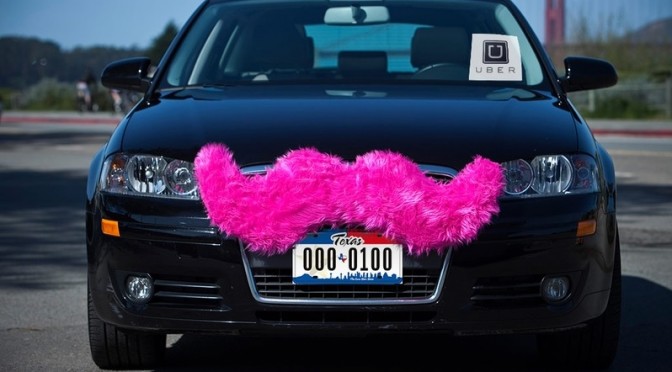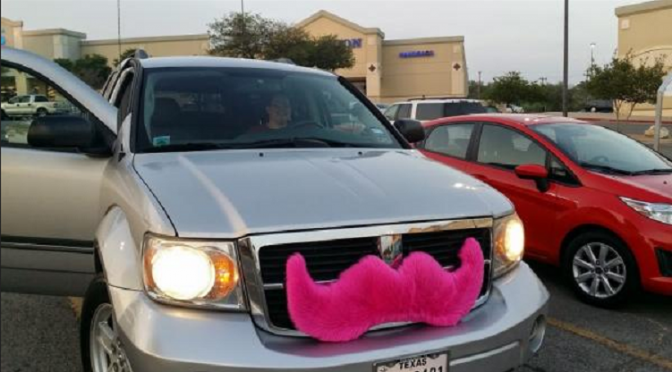RE TribTalk: Houston Vehicles for Hire
This post is in response to a recent Texas Tribune article by Noah M. Horwitz. Please read his post on the Trib site for background. In summation, his editorial is arguing against the proposed changes to Houston's Chapter 46, the rules governing Vehicles for Hire, if those rules are not evenly applied among existing … Continue Reading ››

